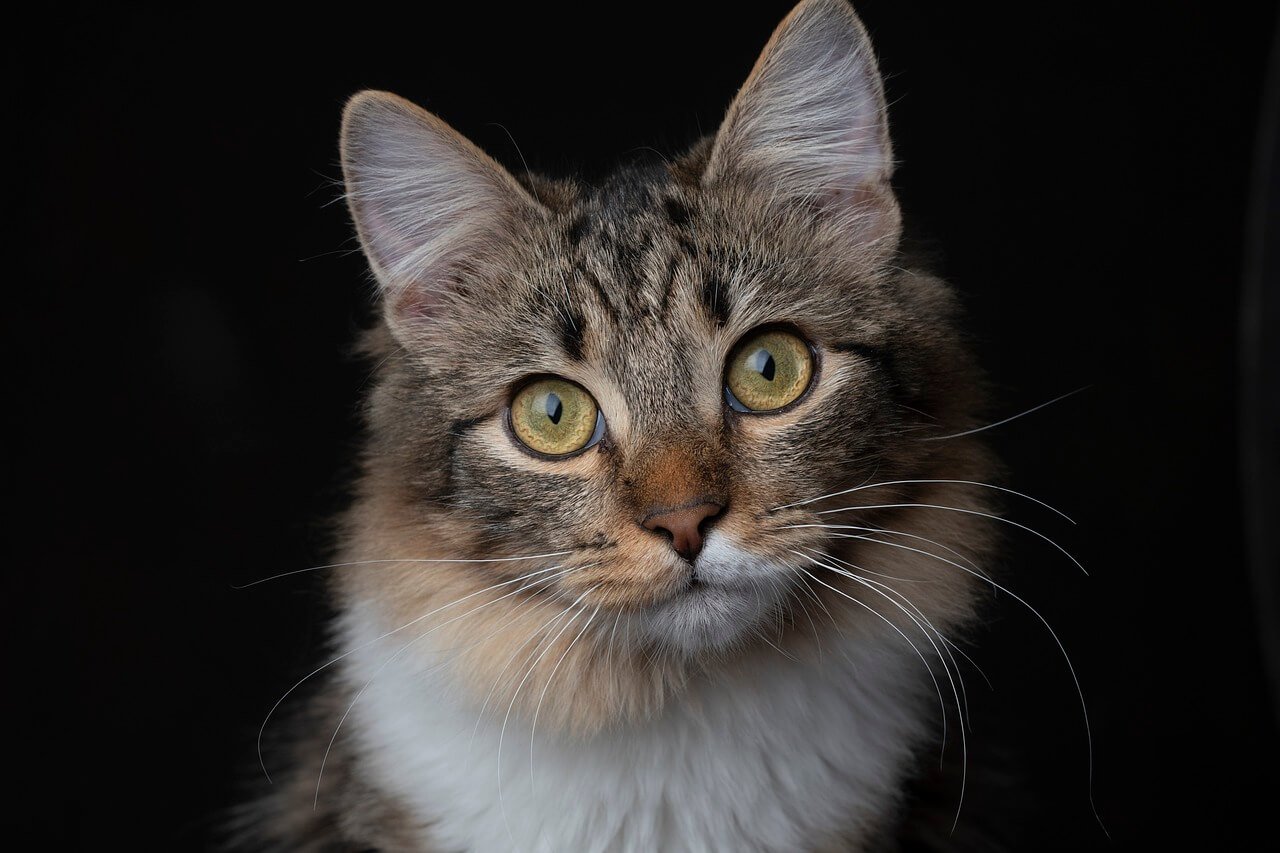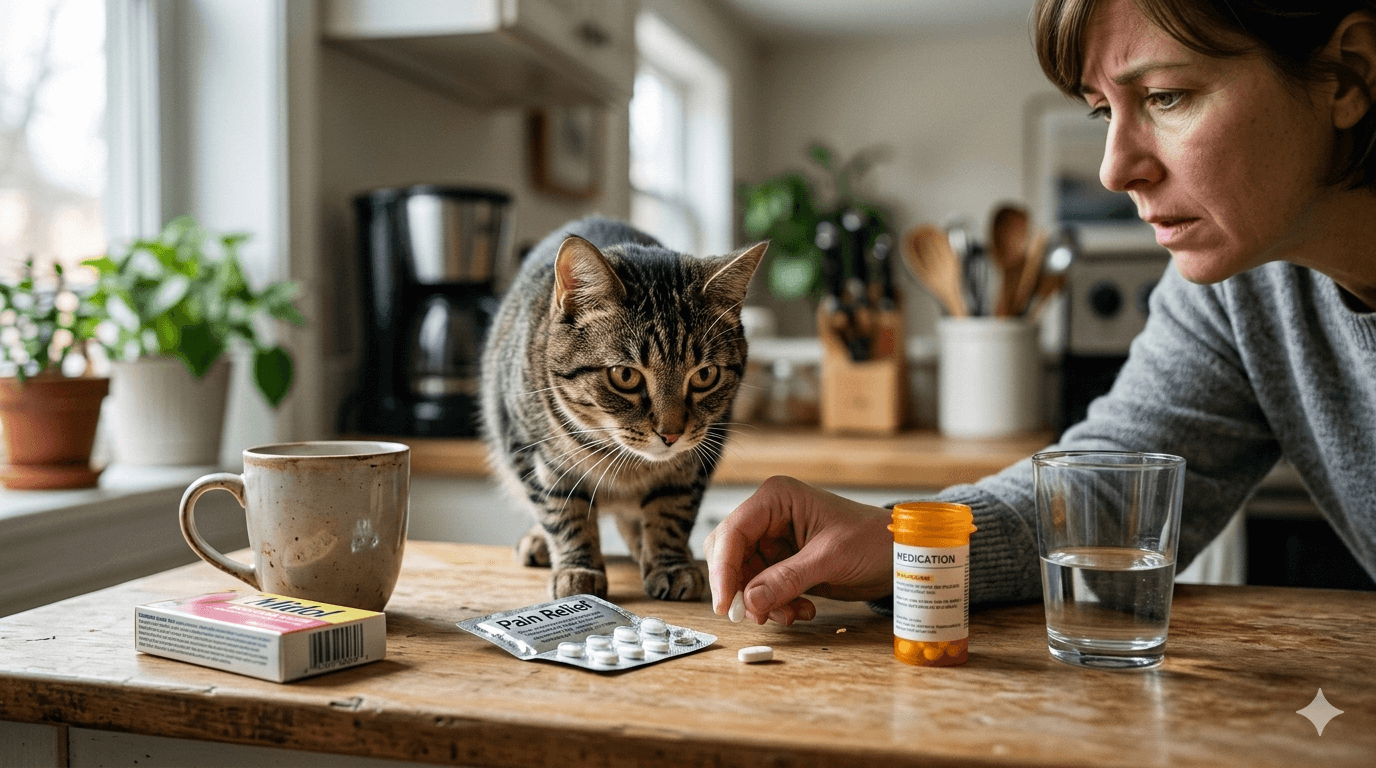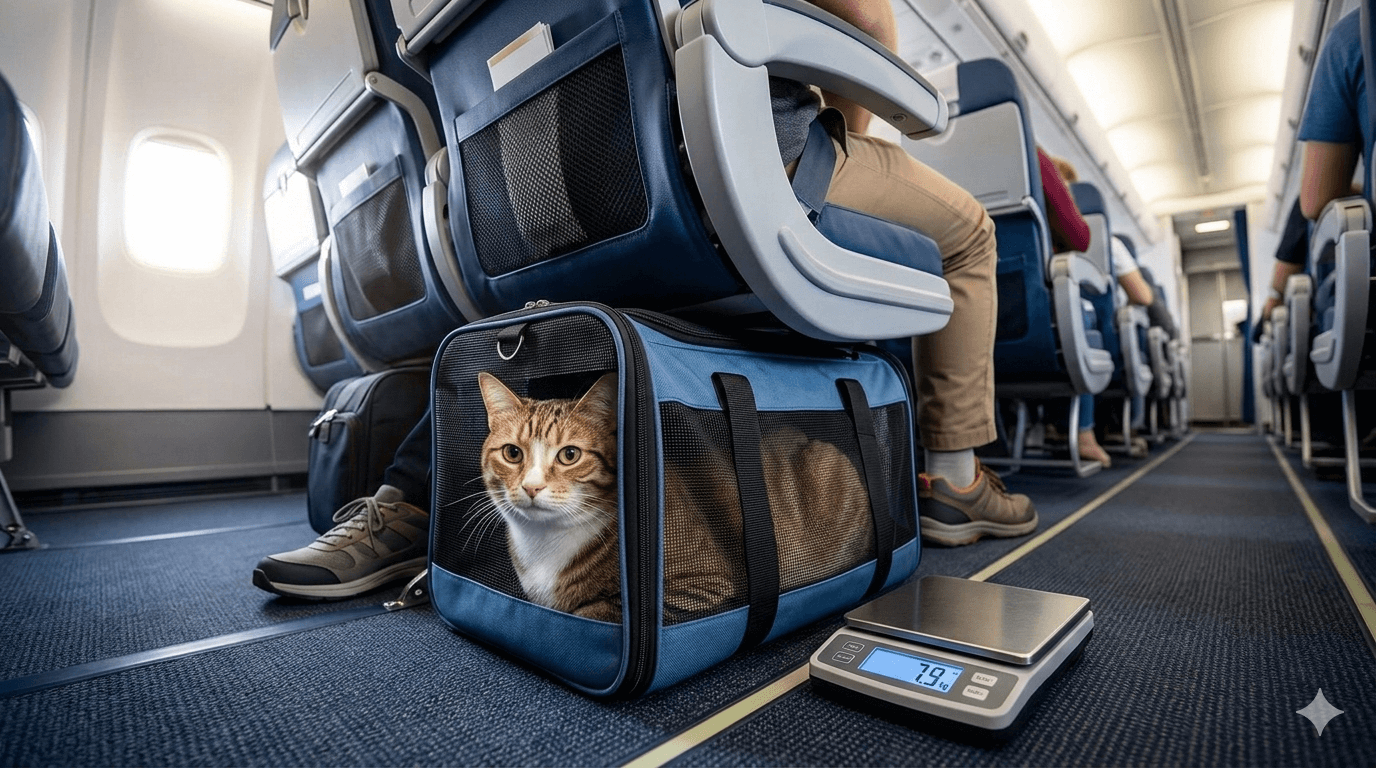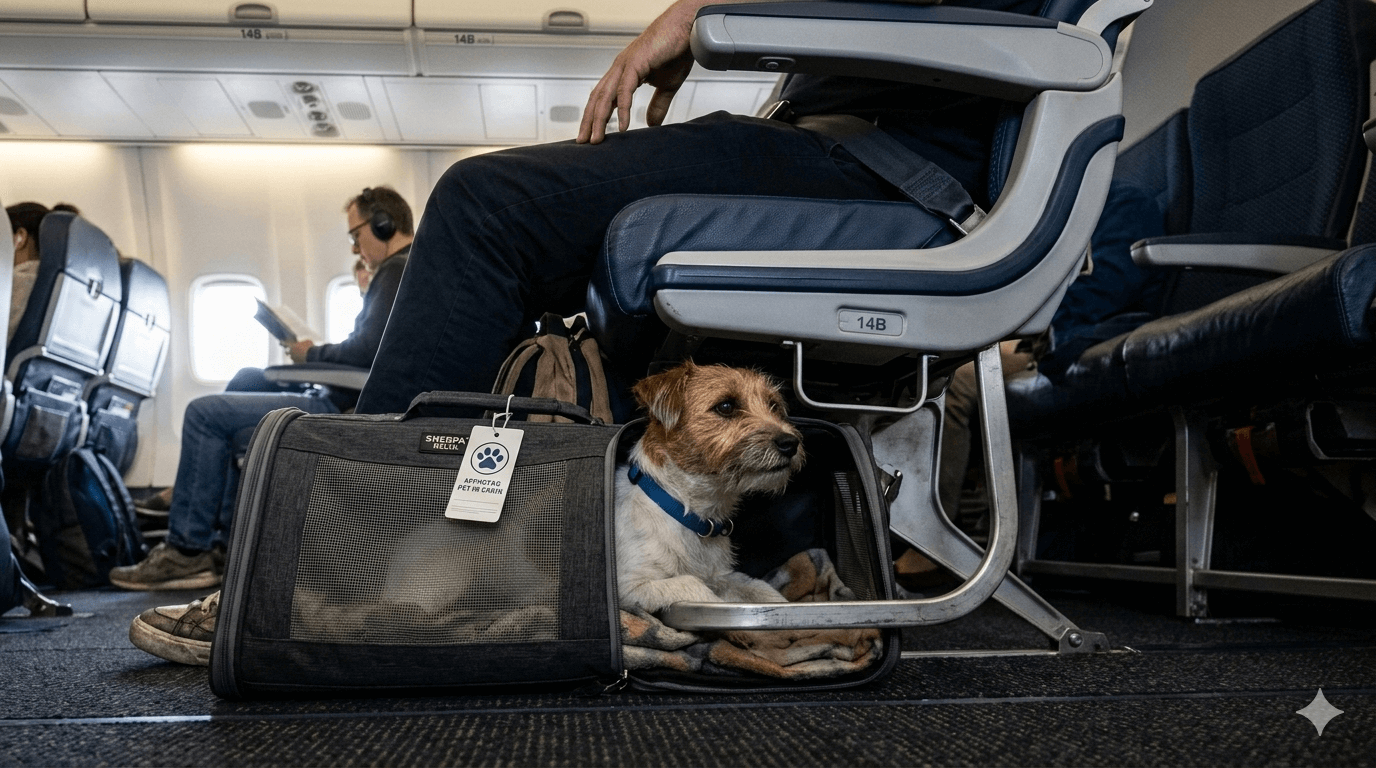What Are the Common Causes of Cat Diarrhea?
Diarrhea in cats is a common issue that can range from mild and temporary to severe and persistent. While it’s not unusual for cats to experience occasional digestive upset, frequent or prolonged diarrhea can be a sign of an underlying health problem. As a cat owner, understanding the potential causes of diarrhea is crucial for identifying when your feline friend needs extra care or veterinary attention. In this blog post, we’ll explore the most common causes of cat diarrhea, how to recognize symptoms, and what you can do to help your furry companion feel better. Let’s dive into the details and ensure your cat stays happy and healthy.
Dietary Causes of Cat Diarrhea
One of the most frequent culprits behind cat diarrhea is diet-related issues. Cats have sensitive digestive systems, and even small changes in their food or eating habits can lead to digestive upset. Here are some dietary causes to consider:
Sudden Food Changes
Switching your cat’s food abruptly without a gradual transition can irritate their stomach and cause diarrhea.Food Intolerances or Allergies
Some cats may be sensitive to certain ingredients, such as dairy, grains, or specific proteins, leading to digestive issues.Overeating
Consuming too much food at once can overwhelm your cat’s digestive system, resulting in loose stools.Spoiled or Contaminated Food
Feeding your cat expired or improperly stored food can introduce harmful bacteria, causing diarrhea.Human Foods
Certain human foods, like onions, garlic, or chocolate, are toxic to cats and can lead to gastrointestinal distress.
By addressing these dietary factors, you can often resolve mild cases of diarrhea. Always monitor what your cat eats and make changes gradually to avoid upsetting their delicate digestion.
Parasites and Infections That Cause Cat Diarrhea
Parasites and infections are another common cause of diarrhea in cats. These conditions can range from mild to severe and often require veterinary intervention. Here’s what you need to know:
Intestinal Parasites
Worms like roundworms, hookworms, and tapeworms can irritate the intestinal lining, leading to diarrhea.Giardia
This microscopic parasite infects the intestines and is a frequent cause of chronic diarrhea in cats.Bacterial Infections
Bacteria such as Salmonella or E. coli can cause gastrointestinal upset and diarrhea, especially if your cat eats contaminated food.Viral Infections
Feline panleukopenia (feline distemper) is a serious viral infection that often results in severe diarrhea.Protozoal Infections
Coccidia and other protozoa can invade the intestines, causing inflammation and diarrhea.
If you suspect parasites or infections are causing your cat’s diarrhea, consult your veterinarian for proper diagnosis and treatment. Early intervention can prevent complications.
Check this guide 👉Understanding Cat Chronic Diarrhea: Best 7 Health Tips!
Check this guide 👉Why Does My Cat Have Diarrhea? Best 7 Expert Tips!
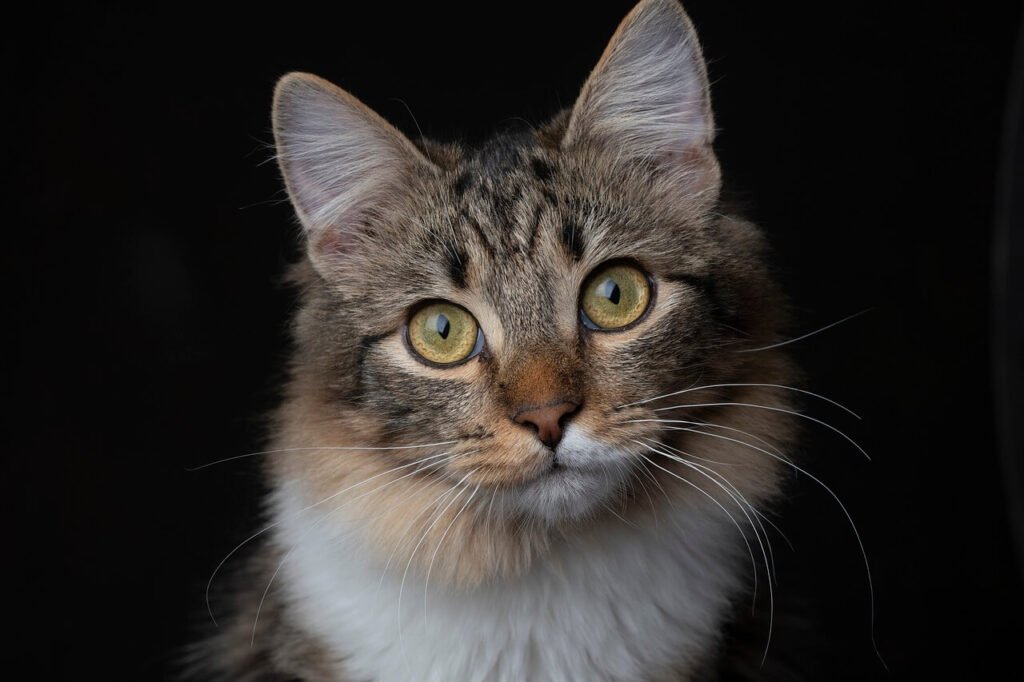
Dietary Causes of Cat Diarrhea | Non-Dietary Causes of Cat Diarrhea |
|---|---|
Sudden food changes | Intestinal parasites |
Food intolerances or allergies | Bacterial infections |
Overeating | Viral infections |
Spoiled or contaminated food | Stress or anxiety |
Human foods | Chronic diseases (e.g., IBD, cancer) |
Stress and Environmental Factors Leading to Diarrhea
Stress and environmental changes can significantly impact a cat’s digestive system, often resulting in diarrhea. Cats are creatures of habit, and disruptions to their routine can leave them feeling uneasy. Here are some stress-related causes:
Moving to a New Home
Relocating to a new environment can be overwhelming for cats, leading to digestive upset.Introduction of New Pets
The arrival of a new pet or family member can cause anxiety and trigger diarrhea.Changes in Routine
Altering feeding times, litter box locations, or daily schedules can stress your cat.Loud Noises or Events
Fireworks, thunderstorms, or loud gatherings can frighten cats and affect their digestion.Boarding or Travel
Being away from home or placed in unfamiliar surroundings can cause stress-induced diarrhea.
Minimizing stress and maintaining a stable environment can help reduce the likelihood of stress-related diarrhea. Provide comfort and reassurance during times of change.
Chronic Conditions and Serious Causes of Cat Diarrhea
In some cases, diarrhea may be a symptom of a more serious or chronic condition that requires ongoing management. Here are some potential underlying health issues:
Inflammatory Bowel Disease (IBD)
IBD causes chronic inflammation of the intestines, leading to persistent diarrhea and weight loss.Hyperthyroidism
An overactive thyroid can increase metabolism, causing digestive issues like diarrhea.Pancreatitis
Inflammation of the pancreas can disrupt digestion and result in loose stools.Kidney or Liver Disease
Organ dysfunction can affect digestion and lead to diarrhea as a secondary symptom.Cancer
Certain types of cancer, particularly those affecting the digestive tract, can cause chronic diarrhea.
If your cat experiences frequent or unexplained diarrhea, it’s essential to consult your veterinarian for a thorough examination. Early detection of serious conditions can improve treatment outcomes.
Tips for Preventing Cat Diarrhea
Preventing diarrhea in cats involves proactive measures to maintain their digestive health and minimize potential triggers. Here are some practical tips to help keep your cat’s stomach happy:
Stick to a Consistent Diet
Avoid frequent changes in your cat’s food and always transition gradually over 7-10 days if a change is necessary.Provide Fresh, Clean Water
Ensure your cat has access to fresh water at all times to stay hydrated and support digestion.Monitor Treats and Snacks
Limit treats and avoid giving your cat foods that are high in fat or sugar, as these can upset their stomach.Regular Deworming and Parasite Control
Keep up with routine deworming and flea prevention to reduce the risk of parasite-related diarrhea.Create a Stress-Free Environment
Minimize changes in your cat’s environment and provide safe spaces where they can retreat when feeling anxious.
By following these preventive measures, you can reduce the likelihood of diarrhea and promote long-term digestive health for your cat. Prevention is always better than dealing with an upset stomach later.
Signs That Cat Diarrhea Requires Immediate Attention
While mild diarrhea is often harmless, certain signs indicate that your cat needs urgent veterinary care. Recognizing these red flags can help you act quickly and ensure your cat receives the treatment they need. Here’s what to watch for:
Blood or Mucus in Stool
The presence of blood or excessive mucus may signal a serious infection or gastrointestinal issue.Persistent Vomiting
If your cat is vomiting alongside diarrhea, it could lead to dehydration and requires immediate attention.Lethargy and Weakness
A cat that seems unusually tired or unresponsive may be suffering from a severe underlying condition.Loss of Appetite
Refusal to eat for more than 24 hours accompanied by diarrhea is a cause for concern.Dehydration
Signs of dehydration, such as dry gums or sunken eyes, indicate your cat needs urgent care.
If you notice any of these symptoms, don’t delay in contacting your veterinarian. Early intervention can make a significant difference in your cat’s recovery.
Fun Facts About Feline Digestive Health
Understanding your cat’s digestive system can deepen your appreciation for their unique biology and help you better care for them. Here are some fascinating facts about feline digestion:
Cats Are Obligate Carnivores
Their digestive systems are designed to process animal-based proteins, making them highly sensitive to plant-based diets.Short Digestive Tracts
Cats have shorter digestive tracts compared to humans, allowing them to digest meat quickly but making them prone to digestive issues with certain foods.Limited Ability to Taste Sweetness
Unlike humans, cats lack specific taste receptors for sweetness, which is why they’re not drawn to sugary foods.High Water Content in Prey
In the wild, cats get most of their hydration from the prey they consume, which is why many domestic cats struggle with drinking enough water.Gut Microbiome Matters
A healthy balance of gut bacteria is essential for digestion, immunity, and overall health in cats.
These fun facts highlight how specialized your cat’s digestive system is. By catering to their unique needs, you can help them thrive and avoid common issues like diarrhea.
Frequently Asked Questions About Cat Diarrhea
How long does cat diarrhea usually last?
Mild diarrhea typically resolves within 1-2 days. If it persists longer, consult your vet.
Can I give my cat over-the-counter medication for diarrhea?
Never give medication without consulting your vet, as some treatments can harm cats.
Should I withhold food if my cat has diarrhea?
It’s generally safe to offer bland food, but consult your vet for specific advice.
Is cat diarrhea contagious to other pets?
If caused by parasites or infections, it can spread to other animals, so practice good hygiene.
When should I take my cat to the vet for diarrhea?
Seek veterinary care if diarrhea persists, is accompanied by vomiting, or if your cat seems lethargic or dehydrated.
Supporting Your Cat Through Digestive Upsets
Diarrhea in cats can stem from a wide variety of causes, ranging from simple dietary indiscretions to serious underlying health conditions. By staying informed about the potential triggers and recognizing the signs of trouble, you can provide timely care and support for your feline friend. Remember, prevention is key—maintain a consistent diet, minimize stress, and keep up with regular veterinary check-ups to ensure your cat’s digestive health remains strong. If diarrhea becomes a recurring issue or is accompanied by other concerning symptoms, don’t hesitate to seek professional advice. With love, patience, and proper care, you can help your cat overcome digestive challenges and enjoy a happy, healthy life.
Can I Give My Cat Midol? Best 7 Expert Tips! – Learn the risks, symptoms, and safe alternatives to keep your cat healthy and avoid toxic reactions.
Can I Give My Dog Midol? Best 7 Expert Tips! – Discover the risks, safe alternatives, and expert advice to keep your dog safe from accidental poisoning.
Maximum Weight for Cats on Planes: Best 7 Expert Tips! – Learn airline policies, tips to stay compliant, and ensure safe travels for your feline friend.
Max Weight for Dogs on Planes: Best 7 Expert Tips! – Discover airline weight limits, safe travel tips, and solutions for flying with your dog stress-free.

